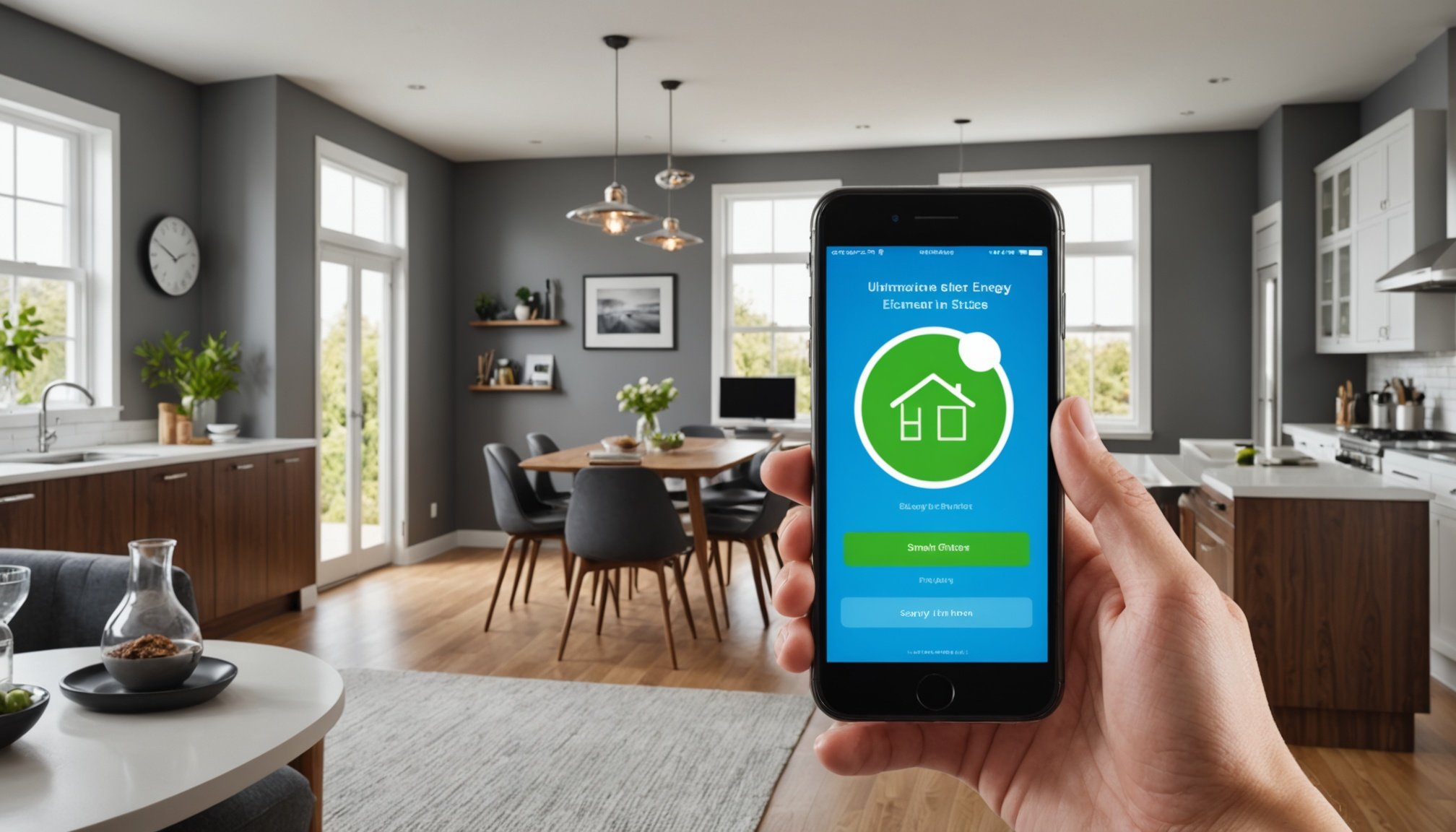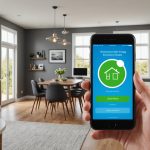Understanding Energy Efficiency in Smart Homes
In the realm of smart homes, energy efficiency stands as a pivotal concept. By definition, energy efficiency refers to using less energy to perform the same task—or providing the same level of functionality and comfort with reduced energy consumption. Within smart homes, this concept becomes even more influential as technology intricately links to our daily lives through appliances and systems.
Current energy consumption trends indicate a persistent rise in energy demand due to growing urbanization and increased reliance on smart devices. Globally, households are increasingly seeking solutions to curb this trend, with smart homes providing an interconnected network that optimizes electricity usage.
In the same genre : Unlocking the future of pet care: your definitive guide to smart home management with smartphone control
Implementing energy efficiency strategies not only reduces the environmental footprint but also offers several advantages. These include reduced utility bills, prolonged lifespan of appliances, and a significant decrease in the overall carbon emissions. Smart home technologies accomplish these feats through sustainability-focused innovations like smart thermostats and energy-efficient lighting. These systems automatically adjust to usage patterns, ensuring minimal wastage and maximal efficiency.
Adopting such technologies fosters a sustainable lifestyle, encouraging homeowners to make informed choices that benefit both their immediate environment and the planet at large, striking a balance between technological advancement and ecological responsibility.
In the same genre : Unlocking the power of smart blinds: your comprehensive guide to convenient smartphone control
Innovative Smartphone Tactics for Energy Savings
In today’s fast-paced world, smartphones have evolved into powerful tools for energy savings. They provide clever tactics for managing our consumption more efficiently through smart home apps.
Utilizing Smartphone Apps for Energy Management
Smartphone apps are revolutionising the way we monitor energy usage. Popular applications like EnergyHub and Sense not only track consumption but also offer insights into potential savings. These apps typically feature real-time monitoring, personalised alerts, and detailed reports on energy usage patterns. When selecting an app, look for features like integration with other smart devices and the option for remote control, which can lead to increased savings. For instance, users of these apps have reported up to 20% savings on their energy bills by simply following app recommendations.
Smart Device Integration with Smartphones
The integration of smart devices with smartphones is seamless, enabling comprehensive energy management. Devices like smart thermostats, light bulbs, and plugs can be controlled directly from your phone, offering unmatched convenience. Successful integrations have been reported by users who manage their home energy through apps like Google Home or Apple HomeKit, transforming their daily routines while significantly reducing energy waste.
Scheduling and Automation Techniques
Automating energy usage with smartphones provides myriad benefits. By setting up schedules for your smart devices, you can optimise energy consumption based on your lifestyle. Consider programming your thermostat to adjust while you’re away, or your lights to turn off at sunrise, using automation features in apps like IFTTT or Alexa. These techniques are not just cutting-edge but practical, delivering genuine energy savings effortlessly.
Advanced Strategies for Maximizing Energy Efficiency
Incorporating advanced strategies into your home can significantly boost your energy efficiency. The fusion of smart home technology with energy management techniques offers substantial savings.
Exploring Energy-Efficient Technologies
Modern smart home innovations are transforming how we approach energy usage. Advanced and energy-efficient devices now outperform their traditional counterparts, providing both functionality and cost-effectiveness. For instance, smart thermostats and energy-efficient LEDs markedly reduce consumption compared to older models. Emerging trends also highlight the rise of automated energy management systems, which adjust usage based on occupancy and preferences. Such evolutions make it easier for homeowners to embrace energy efficiency without sacrificing comfort.
Real-Time Monitoring and Alerts
Real-time data plays a pivotal role in energy management. By setting up alerts for unusual spikes, homeowners can quickly address inefficiencies. Users frequently report significant savings after adopting real-time monitoring systems, as they provide crucial insights into daily consumption patterns. Such technologies not only help identify excessive usage but also empower users to make informed, energy-saving decisions swiftly.
Case Studies and Success Stories
Homeowners employing smartphone tactics reveal notable successes in energy savings. One study shows a 25% reduction in annual energy consumption after transitioning to smart home technology. These stories underscore best practices like incremental implementation and continual monitoring, reinforcing the efficacy of these modern approaches.
Practical Tips for Everyday Energy Savings
Incorporating practical tips into daily routines can significantly enhance energy efficiency. Simple actions like turning off lights when leaving a room, unplugging unused electronics, and opting for natural lighting during the day can lead to noticeable everyday savings. Educating your family about these habits ensures that energy-saving efforts become a collective practice rather than an individual task.
To encourage participation, consider involving family members in setting energy-saving goals. Host fun challenges or use reward systems to make the learning process engaging. Sharing these goals motivates each member to adopt smart home practices that further contribute to reducing energy consumption.
Utilizing smartphone features can also aid in maintaining energy awareness. Many apps and devices offer real-time energy usage data, sending alerts when consumption levels exceed specified limits. Leveraging these technological tools empowers households to track and adjust usage habits effectively.
Moreover, integrating smart home practices, such as using programmable thermostats, can optimize energy usage seamlessly. The combination of mindful everyday actions and technology ensures a sustainable approach, fostering both immediate savings and long-term benefits.
Conclusion and Future of Energy Efficiency in Smart Homes
As we stand on the brink of a technological revolution, the future trends in smart home energy efficiency promise to reshape our living environments. Predictions indicate that homes will become increasingly intelligent, utilising sophisticated algorithms to optimise energy usage with minimal human intervention. This evolution is driven by advancements in smart home innovations.
Imagine a home where your heating, lighting, and appliances work in harmony, guided by real-time data from a global network. This network constantly learns and adapts, achieving energy efficiency levels previously thought unattainable. The role of technology in this transformation cannot be overstated. Over the next decade, we expect breakthroughs in artificial intelligence and Internet of Things (IoT) to further refine energy usage.
It’s crucial for users to stay informed and embrace these energy-saving trends. By doing so, they’ll not only enjoy reduced energy bills but also contribute to a more sustainable environment. Future smart homes will be integral in creating a planet where resources are conserved, and energy wastage is minimised. The journey towards this sustainable future is filled with exciting potential for innovation and savings.











